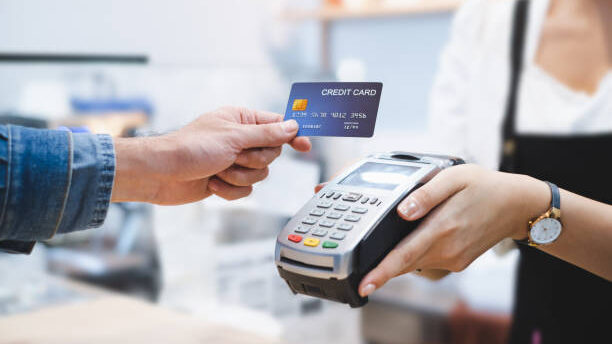A credit card is a useful tool that can help get you out of certain financial difficulties. There may be times when you have expenses at hand but are not comfortable with using your savings. In such cases, you can always use a credit card and repay the credit card debt later on at a fixed due date. Now, before learning about your credit card eligibility, here are a few things that you should know:
Know your credit history
A credit card can assist you in establishing a solid credit history. All you have to do is pay off your credit card balance by the due date. Credit bureaus compile information about your credit history into a credit report, which is then summed up by a credit score, a three-digit number. It is essential to have a good credit score, which you can achieve by paying off all your bills on time, to get easy approval from a bank for a credit card.
Fees and charges involved
The good news is that many of the fees and charges associated with credit cards are avoidable. You should be aware of the fees and charges that are associated with some credit cards such as joining fees, annual fees, late fees, annual percentage rates, cash withdrawal fees, foreign transaction fees, etc. You should look out for these four main fees before applying for your bank credit card:
- Annual fees: Some issuers demand a yearly fee to maintain your account. It is advised for first-time credit card users to choose free credit cards with no or low joining and annual fees so that they will only have to pay more once they develop a habit of using credit cards.
- Annual percentage rate: The interest rate applied to your account for purchase transactions is the annual percentage rate (APR) specified in your card member agreement. The interest costs imposed on the outstanding purchase balance on your account are determined in part by your APR.
- Late fees: It is charged when you pay even a day late or don’t pay the minimum required amount.
- Cash withdrawal fees: Many credit card users are tempted to use their cards to withdraw cash when they are in a financial crunch. You should be aware that credit card companies impose steep fees on cash withdrawals. However, with IDFC FIRST Bank Credit Cards, you can withdraw money from an ATM without paying interest for up to 48 days.
Grace period
There is a grace period between the beginning of your credit card bill cycle and the next payment due date. You will not be charged any interest if you pay off the new debt in full before the due date. If you miss the deadline to settle your debt in full and lose the grace period, you will be penalised with interest on the balance amount.
Before applying for a credit card, be sure to check the card’s features as well as the fees involved. If it’s your first card, you can consider opting for a basic credit card that meets your needs and has a low annual fee to help build a good credit score.
